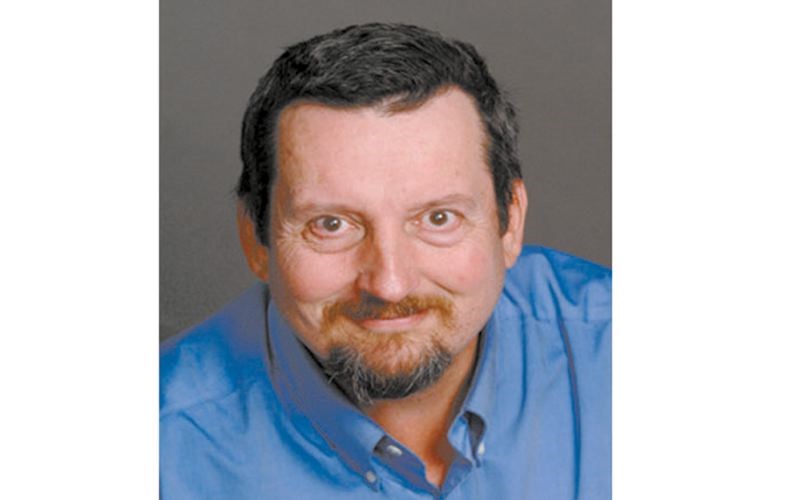For the past few weeks, we have been talking about randomness, which Wikipedia defines as the lack of a pattern or predictability in events. "A random sequence of events, symbols, or steps has no order and does not follow an intelligible pattern or combination."
The Oxford English Dictionary says randomness is "without aim or purpose or principle."
These definitions have in common the idea randomness occurs without aim.
But if mathematicians over much of recorded history tell us anything, it is that all measurements and actions have a measure of randomness within them.
Indeed, our daily lives are ruled by randomness.
Consider the simple act of waking up in the morning. What time do you wake? On the first buzz of the alarm clock? Before it has even gone off? Or after it has beeped one or two or three times? Do you shut it off immediately?
Do you ever miss the snooze button or the off switch on the first try?
Although most of us get up at roughly the same time every work day, there is a fair degree of randomness in the process. Subtle variations can occur on a day-to-day basis. Even outliers or widely divergent events can occur because you forgot to set the alarm the night before.
Yet it would be hard to argue a complete lack of pattern. The process of waking up each morning happens every morning.
It occurs in pretty much the same fashion. And even without the presence of an alarm clock, most of us wake at about the same time.
This is the blend of a "lack of pattern or predictability in events" with the certainty that the event will occur at some point - that there is an aim.
Each day, the moment of waking might vary but over time it averages out to a mean value with some form of range. In a truly random process, the range of times at which we awaken would follow a normalized distribution - a bell curve.
In the case of waking up, the bell curve is skewed towards sleeping in.
In any case, randomness is at play throughout much of our day. Everything from the route we take to work to the projects we engage with to which colleagues will drop by for a chat to the time we leave work varies subtly on a daily basis. Yet each event has a purpose.
In science, we can measure the distribution of results and determine the likelihood of a particular outcome. We see this around election time with the infamous "this poll is considered accurate to plus or minus 3.6 per cent, 19 times out of 20."
This is an expression of a confidence interval.
What it says is based on the size of the sample, the pollsters believe their result is within 3.6 per cent of the mean value of the bell curve (the real result) 95 per cent of the time. Or put another way, they believe their answer is within two standard deviations of the actual answer.
Of course, they sometimes get it magnificently wrong and that will occur once in every 20 elections. Consider there are 10 provinces in Canada, this implies that over the course of two elections cycles, the polls will come up wrong once. Indeed, they may be wrong more often than that. They could be wrong ten times in a row. It just wouldn't be statistically likely.
However, we have a poor ability for judging probability. Our brains have been selectively developed by evolution to search for and find patterns. It is a necessary part of the survival process.
Patterns allow us to predict when a predator is about to strike versus a harmless situation.
This search for patterns leads us to misunderstand or underestimate the randomness in daily events.
A classic example is gambling. If I toss a coin and it comes up heads 10 times in a row, what is the likelihood it will come up heads the next time it is tossed? The answer is 50-50 - there are only two possible outcomes in the sample space. But many people would be certain the streak must end.
Tails is due. For others, they will assume I am on some sort of hot streak or the coin is rigged. It will definitely come up heads again.
In either case, we deny the knowledge we have of statistics and probabilities because we have perceived a pattern.
The same can be said of more complex systems. Everything from picking a CEO for a Fortune 500 company to considering how fast you need to drive to make every light on the way home is built on trying to recognize patterns within inherently random events.
Randomness isn't totally without purpose or aim, but most days it can feel that way.



